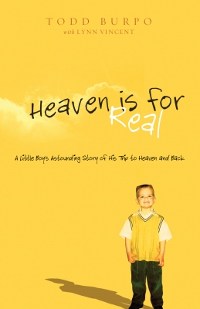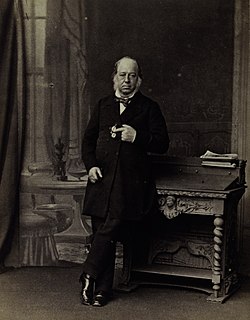A Quote by Steven Fink
When I wrote my first book, Crisis Management: Planning for the Inevitable, it was endorsed by the American Management Association, and consequently was read by America's top corporate leaders, and overnight put me in high demand as a consultant and as a speaker. Also, that book forever changed the way businesses look at and deal with crises by giving a tangible feel to an otherwise intangible subject.
Quote Topics
Related Quotes
Companies that do not actively practice, study, and plan for crisis communications - as well, of course, crisis management - are doomed to fail when a crisis befalls them. Crises are, in a word, inevitable, and those macho companies that think, "it can't happen here," or if it does, "I can handle it," will suffer the hardest failures.
By all indications, American business leaders are more adept at creating business strategies than they are skilled at human capital management. American entrepreneurs are world-beaters when it comes to creating new businesses, and corporate managers are adept at using the latest marketing, financial, and technological practices.
Management did not emanate from nature. Management is not a tree: it's a television set. Somebody invented it. It doesn't mean it's going to work forever. Management is great. Traditional notions of management are great if you want compliance. But if you want engagement, self-direction works better.
I appreciate your giving my book -- and in no small way, me -- a chance. To thank you, I really wanted to acknowledge all of you in the book. Unfortunately, I didn't have enough room for each name. So I've put in a code name that stands for all of you reading this book. The name is 'Mom.' It will be our little secret. So when you see 'Mom' in the acknowledgments, you'll know I'm really talking about you. And don't let my mother try to tell you otherwise.


































